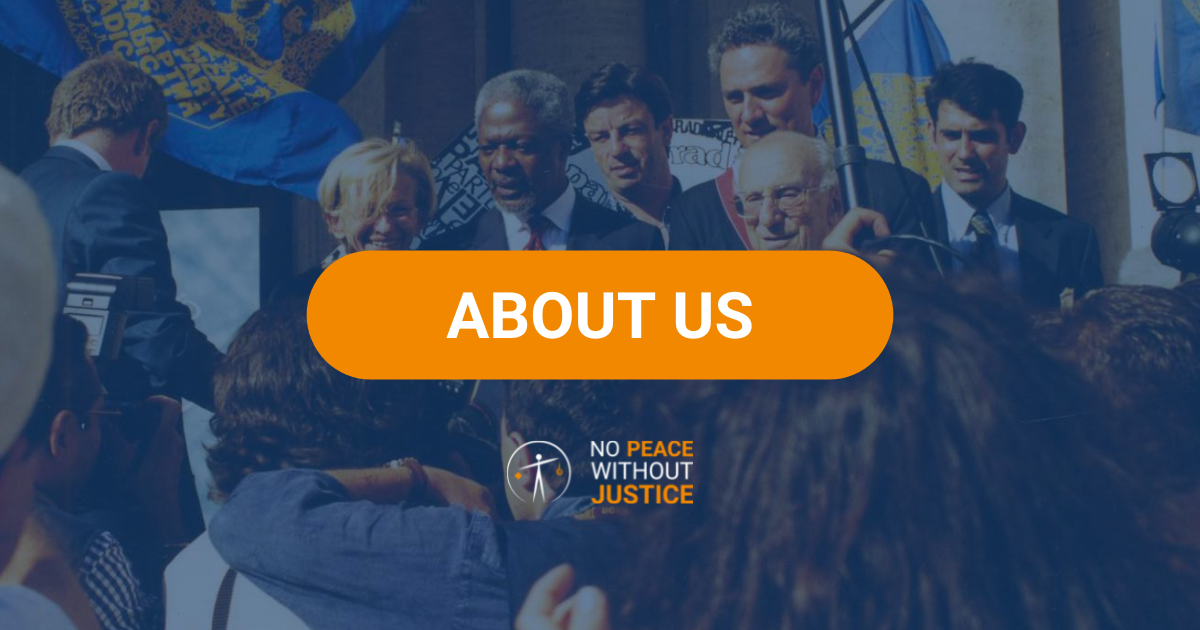Read the French version
Read the Op Ed as published in Le Soir (Belgium), 8 March 2012
Read the Op Ed as published in Slate Afrique, 8 March 2012
Read the Op Ed as published in The Daily Monitor (Uganda), 9 March 2012
Today the world is observing International Women’s Day, celebrating women’s achievements throughout history and throughout the world. This day is also an appropriate occasion to remember the too many gaps hindering – sometimes in a brutal and cruel manner – the process towards the full recognition and protection of women’s rights as universal human rights.
Worldwide, millions of women and girls still live with the threat or consequences of harmful traditional practices that violate their fundamental right to physical integrity. Female genital mutilation (FGM) is among the most widespread and systematic of these violations, and it too frequently goes unchallenged under the pretext of respect for cultural norms. According to the World health organisation (WHO), it is estimated that more than 3 million girls and women are subjected to the practice each year and between 100 and 140 million are estimated to have undergone FGM.
Over the past decade, thanks to the longstanding dedication of women’s rights advocates and the increasing political commitment shown by affected States, significant and encouraging progress has been made. As of today, twenty African countries have enacted national legislation that prohibits and penalises FGM; the African Union has taken a strong position condemning the practice through its Protocol on the Rights of Women in Africa, which bans FGM as a violation of human rights; and many governments are implementing national action plans that, in conjunction with the law, provide information and awareness campaigns, especially in rural and remote areas where the practice is more widespread.
Nevertheless, many challenges remain to hamper a coordinated effort to rid the world of this wide-scale and blatant human rights violation, which needs to be addressed by global political leadership if we are to consign it once and for all to the history books where it belongs. To respond to this challenge, an ever-expanding coalition, composed of No Peace Without Justice (NPWJ), the Inter-African Committee on Traditional Practices Affecting the Health of Women and Children (IAC), Euronet-FGM, and the NGOs La Palabre and Manifesto 99, have spearheaded efforts of an international campaign to promote the adoption by the United Nations General Assembly (UNGA) of a Resolution that universally and explicitly bans FGM.
A UNGA Resolution could be a pivotal instrument to spur greater and more cohesive political mobilisation among activists, parliamentarians and governments worldwide. Critically, a UNGA ban would express political will at the highest level to recognise – and ensure the adoption of all measures to bring an end to – FGM as a human rights violation against millions of women and girls around the world. This is a shift that women’s rights advocates have tenaciously worked towards over the past two decades. While strengthening the importance of previous UN texts aimed at protecting women’s rights, including most significantly Resolutions of the Commission on the Status of Women treating the matter, the international community’s universal condemnation of this harmful practice would serve to strengthen existing laws that ban FGM and provide new impetus for those States that currently do not have such laws on their books.
In July 2011, at the African Union Summit in Malabo, Equatorial Guinea, African Heads of State adopted a Decision in support of a Resolution banning FGM at the 66th Session of the United Nations General Assembly. This historic moment provided a significant and concrete impetus to the International Campaign, which has been growing since a High-Level Conference in Ouagadougou in December 2009 held under the patronage of H.E. Mrs Chantal Compaoré, First Lady of Burkina Faso and Coordinator of the International Campaign to Ban FGM Worldwide.
Since the Decision of Heads of State, discussions at the African Union have intensified, spurring similar discussions at the United Nations, where the African Group has taken an increasingly central role in advancing the Resolution. Burkina Faso, a leader in efforts to end FGM, and which spearheaded the process leading to the African Union Decision, has redoubled its efforts. On 27 February, at the 56th session of the UN Commission on the Status of Women (CSW), a High-Level Parallel Event convened by the Ban FGM Coalition provided further substantial confirmation of the strong commitment by African States to support the process now underway. The meeting, opened by Executive Director of UN Women Michelle Bachelet, had as its keynote speaker H.E. Mrs Chantal Compaoré, and included speeches by seven Ministers (Cameroon, Cote d’Ivoire, Guinea, Italy, Niger, Togo, Tunisia). A very clear message was delivered: the United Nations and its members need finally to take responsibility and give heed to the voices of the innumerable human rights groups, women’s associations and individual advocates that fight a daily battle to challenge this harmful practice and work towards its elimination. Grammy-award winning singer Angelique Kidjo, a UNICEF Goodwill Ambassador, picked up the message and urged the UNGA to swiftly adopt a Resolution at her concert in support of the fight to end FGM on 28 February to an unprecedented capacity crowd filling the General Assembly Plenary Hall. The time has come for all States to demonstrate their commitment to human rights and, particularly, the human rights of women, by taking an unequivocal and joint stance in favour of the adoption this year by the United Nations General Assembly of a Resolution banning FGM worldwide.
Niccolo’ Figa-Talamanca is Secretary General of No Peace Without Justice (www.npwj.org)
Khady Koïta is President of the Senegalese NGO “La Palabre” (www.la-palabre.org)
Demba Traoré is a Malian Lawyer, former parliamentarian and the newly elected Secretary General of the
Nonviolent Radical Party, Transnational and Transparty (www.radicalparty.org)


